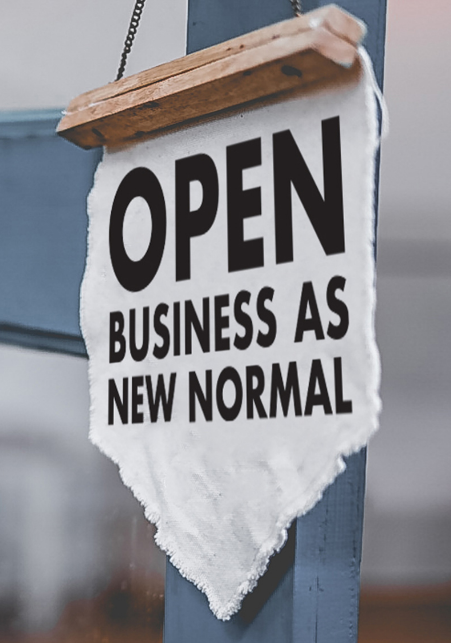
The construction industry and nearly all aspects of the supply chain continue to be impacted by the growing COVID‑19 crisis. We are in an unprecedented era and while, as of today, many construction projects in California are able to continue, each county has different restrictions that seem to change daily. Over the next several weeks, construction companies will likely have to make many hard decisions to meet the changing restrictions.
Early intervention to ensure contract compliance and detailed documentation procedures is an important step to help manage some of the uncertainty and risks facing the construction industry right now. We offer the following recommendations to proactively protect your construction company:
Protect Your Rights
- Review your contracts – especially the delay, change and notice provisions.
- Meet contractual notice requirements immediately.
- Depending on your contract language, notices required under construction contracts must be made promptly or within a reasonable period of time after discovering the occurrence. Failure to do so may result in a waiver of any right to additional time or costs.
- These notices and documentation may be necessary to establish your rights.
- Remember that providing notice of the time delays, without providing notice of related potential cost increases, may result in a waiver of your right to seek additional compensation for your time.
- Reach out to your subcontractors and vendors and seek written assurances that materials and equipment will be delivered as scheduled and that work will continue to be completed on time.
Adapt Your Safety Policies
- Contractors should reassess, revise and republish in writing their safety plans, which should now include plans for social distancing and sterilization. Not to do so could subject you to future liabilities.
Review Insurance Coverage
- If there is a potential for any insurance coverage to cover your losses, it is important to submit your claim carefully and in a timely manner as required by the specific policy.
- For each job, determine all of the applicable policies that may protect you.
- This may include contractors that have included you as an additional insured, policies from OCIP or CCIP programs, Subguard or perhaps Builders Risk policies.
Is Your Project Bonded?
- Call on your sureties.
- If there are performance and payment bonds on the job or subcontractor default insurance, and there is a strong likelihood of a subcontractor defaulting, you should start immediately exploring whether the surety will be available to help finish the work or pay for it.
- If you posted bonds, and you foresee cash flow being tight in the coming months, consider enlisting your surety now to help you through the upcoming downturn.
Document Everything!
- Contractors must carefully track and document their time and costs in detail in the event of later disputes.
- Be careful to observe and document what work was slowed or made less efficient because of social distancing, lack of manpower, supply delays and/or unavailability, inspection delays, utility hook-up delay and other changes caused by COVID‑19 circumstances.
- Keep your daily reports updated with extremely detailed information.
- Note sick workers, noting specifically which workers called in because they were sick or because they had to take care of dependents.
- Track delivery dates and issues.
- Identify what materials did or did not arrive on-site and include information from downstream suppliers about issues they anticipate or which may arise.
- Identify inefficiencies and delays.
Plan For The Worst
Plan for downstream contractor bankruptcies (remember the 2008 financial crisis). Early notice to your carrier for a claim on a Subguard policy may be prudent as the number of claims under these policies is expected to be very high.
In order to protect your rights and your business, it is imperative to be in strict compliance with the terms of your contract and your notice obligations, and to follow the detailed documentation procedures set forth in your contract. Doing so is an important step to help manage some of the uncertainty and risk facing the construction industry right now.
Please contact Dan Steinberg or Jessica Robison in our Construction Department if you have questions regarding the impacts of COVID‑19 on your construction company or your projects.







